The views expressed in our content reflect individual perspectives and do not represent the authoritative views of the Baha'i Faith.
Every childbirth should end with peace and joy as the mother finally gets to hold her newborn in her arms.
Unfortunately, for many Black women, the period during and after childbirth is the time when their lives are most at risk. And it doesn’t matter how physically fit you are or what socioeconomic class you are in.
RELATED: Medical Racism: How Prejudice Keeps People From Getting Help
The day after tennis star Serena Williams gave birth to her daughter Olympia in 2018, Serena was having trouble breathing and realized that she must be having another pulmonary embolism, due to her history of blood clots. Vogue reported, “She walked out of the hospital room so her mother wouldn’t worry and told the nearest nurse, between gasps, that she needed a CT scan with contrast and IV heparin (a blood thinner) right away. The nurse thought her pain medicine might be making her confused.”
After Serena insisted, the doctor came to perform an ultrasound instead of the CT scan that she asked for. Of course, the ultrasound revealed nothing so they finally gave her the CT scan she wanted which revealed that there were several small blood clots in her lungs. Minutes later, she was on the heparin drip. But that was just the beginning.
RELATED: Benevolent vs. Hostile Sexism: Intersection of Race and Gender
According to Vogue magazine, “Her fresh C-section wound popped open from the intense coughing spells caused by the pulmonary embolism, and when she returned to surgery, they found that a large hematoma had flooded her abdomen, the result of a medical catch-22 in which the potentially lifesaving blood thinner caused hemorrhaging at the site of her C-section. She returned yet again to the OR to have a filter inserted into a major vein, in order to prevent more clots from dislodging and traveling into her lungs. Serena came home a week later only to find that the night nurse had fallen through, and she spent the first six weeks of motherhood unable to get out of bed.”
If Serena Williams, a wealthy and famous athlete almost died, you can imagine how many other Black women are dying unnecessarily as their voices go unheard.
The Rate of Black Maternal Mortality in the U.S.
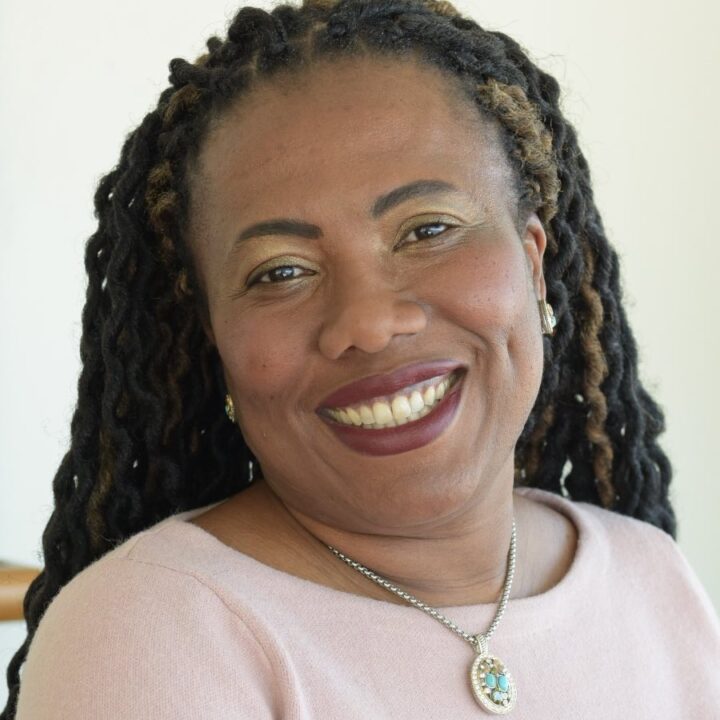
Fatmata Williams, a community health education specialist and a registered nurse with twenty-seven years of diverse clinical and administrative experience, shared two personal experiences that made her aware of the disparity in Black maternal and infant deaths:
“I had a scary experience in 2005 when I had my second child. What was supposed to be an anticipatory, and exciting experience quickly became an unnecessary emergency because the anesthesiologist did not listen to what I was telling him. I am one of the lucky ones because I am still around to tell this story, and my son is now a healthy seventeen-year-old. My sister was not so fortunate when she had her baby three years later, in 2008, and died thirty days postpartum.
My sister had several complaints and presented them to her OB/GYN and the emergency department several times. My sister was sent home each time she presented to the hospital. Her final trip was via E.M.S. She was taken to the hospital in a coma and passed away. She had her baby on April 12th, 2008, and died on May 18th, 2008.”
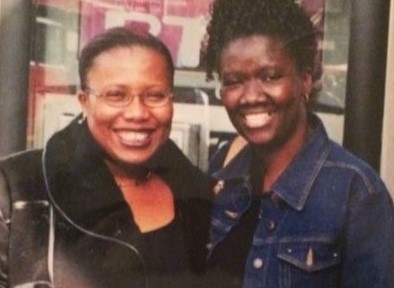
According to the Centers for Disease Control and Prevention, “Black women are three times more likely to die from a pregnancy-related cause than White women.” And, a 2018 investigation by ProPublica found that Black mothers are 12 times more likely to die than white mothers in New York City.
In 1938, Shoghi Effendi, the Guardian of the Baha’i Faith, wrote:
As to racial prejudice, the corrosion of which, for well-nigh a century, has bitten into the fiber, and attacked the whole social structure of American society, it should be regarded as constituting the most vital and challenging issue
…The ceaseless exertions which this issue of paramount importance calls for, the sacrifices it must impose, the care and vigilance it demands, the moral courage and fortitude it requires, the tact and sympathy it necessitates, invest this problem, which the American believers are still far from having satisfactorily resolved, with an urgency and importance that cannot be overestimated.
Fatmata added, “The U.S. has the highest maternal death rate compared to twelve high-income countries, and the U.S. maternal death crisis is worsening.
In 2020, the U.S. maternal death rate was 23.8 per 100,000 live births, US-Hispanic 18.2, U.S. Non-Hispanic Whites 19.1, and U.S. Non-Hispanic Blacks 55.3 deaths per 100,000 live births. In 2021, the U.S. maternal death rate increased to 32.9 per 100,000 live births, U.S. Hispanic 28.0, U.S. Non-Hispanic White 26.6, and U.S. Non-Hispanic Black 69.9 deaths per 100,000 live births.”
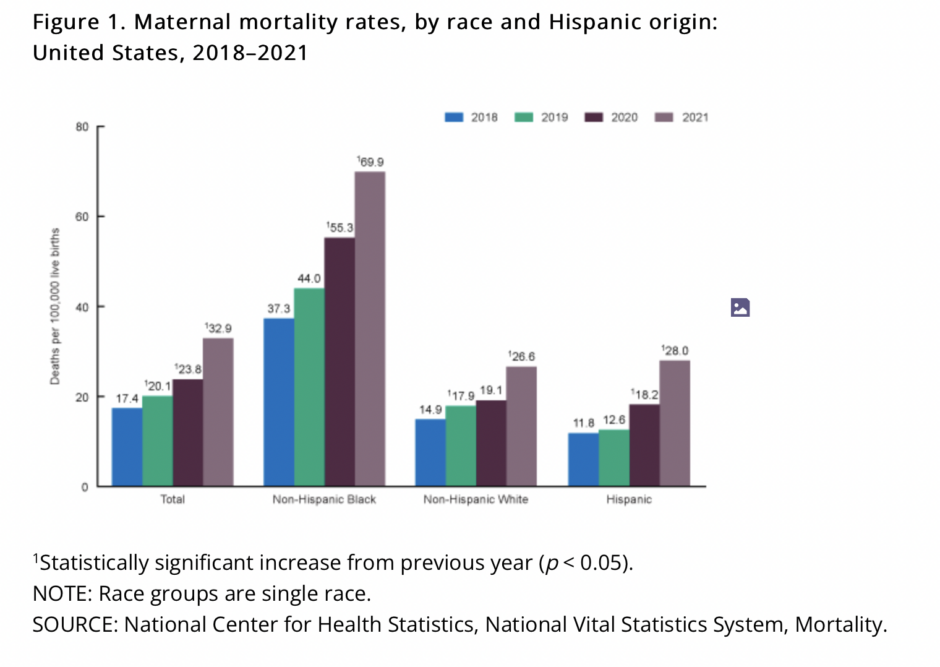
Why Is Black Maternal Mortality So High in the U.S.?
“Our collective experiences (my sister, me, and Black women) should be examined through an equity lens. We should examine the role of systemic, structural, and interpersonal racism in perpetuating this disparity. There must be a reason why Black women, in particular, are dying more than any other race during childbirth. Even after researchers have controlled for age, education level, socioeconomic status, and insurance type, they found that Black women still die more than any other race.”
The CDC stated, “Multiple factors contribute to these disparities, such as variation in quality healthcare, underlying chronic conditions, structural racism, and implicit bias.”
Shoghi Effendi referred to this implicit bias as a “usually inherent and at times subconscious sense of superiority” and he advised white people “to correct their tendency towards revealing a patronizing attitude towards the members of the other race.”
This implicit bias and patronizing attitude explains why hospitals are not taking their Black patients’ concerns seriously.
Also, the bias against alternative forms of birthing practices and healthcare is believed to have contributed to the U.S.’s high maternal mortality rate.
RELATED: Creating Collective Well-Being by Decolonizing Your Mind
“Our birthing system and our maternal health system is like no other country. We’re the only country in the industrialized world that does not have midwives integrated into our system and our rates correlate to that. The other countries that have midwives, their mortality rates are much much lower, and I mentioned that because midwifery is human-centered care.
The philosophy of midwifery is that a pregnant person, a pregnant woman, she knows her body best and she comes first. And in midwifery care, women are seen and heard much more than in the hospital system where you know it’s not a shared decision-making model,” said Paula Eiselt, the co-director of “Aftershock” — a documentary about Black maternal health — in an interview with Democracy Now!, an independent global news network.
Her co-director, Tonya Lewis Lee, also stressed the risks of having Cesarean sections when they are not medically necessary. She explained, “C-sections are major surgery. It’s not just a simple thing. And when you have one C-section, it sort of puts you in a position to have another C-section and other complications. Unfortunately, in the United States, the rate of C-sections has gone up over the last 25 [to] 30 years and we’ve seen the maternal mortality rate go up alongside of it.
…In general, we really need to think about in this country how we’re birthing. Is it really about hurrying up and [getting] that baby out, or is it about allowing a woman’s body to do what it’s supposed to do [so] that she could…bring forth this baby in the time that she’s supposed to be doing it in the safest way possible?”
I’d like to dedicate the following Baha’i prayer for mothers to all the women who have lost their lives in the process of bringing forth new ones into this world:
O Thou forgiving God! Forgive the sins of my loving mother, pardon her shortcomings, cast upon her the glance of Thy gracious providence, and enable her to gain admittance into Thy Kingdom.
O God! From the earliest days of my life she educated and nurtured me, yet I did not recompense her for her toil and labours. Do Thou reward her by granting her eternal life and making her exalted in Thy Kingdom.
Verily, Thou art the Forgiver, the Bestower, and the Kind.
Read my next article to learn how we can help reduce Black maternal mortality.




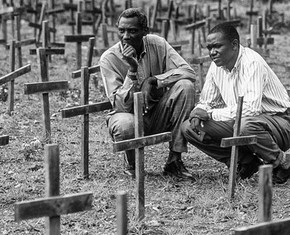

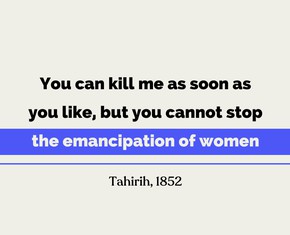









Comments
Sign in or create an account
Continue with Googleor